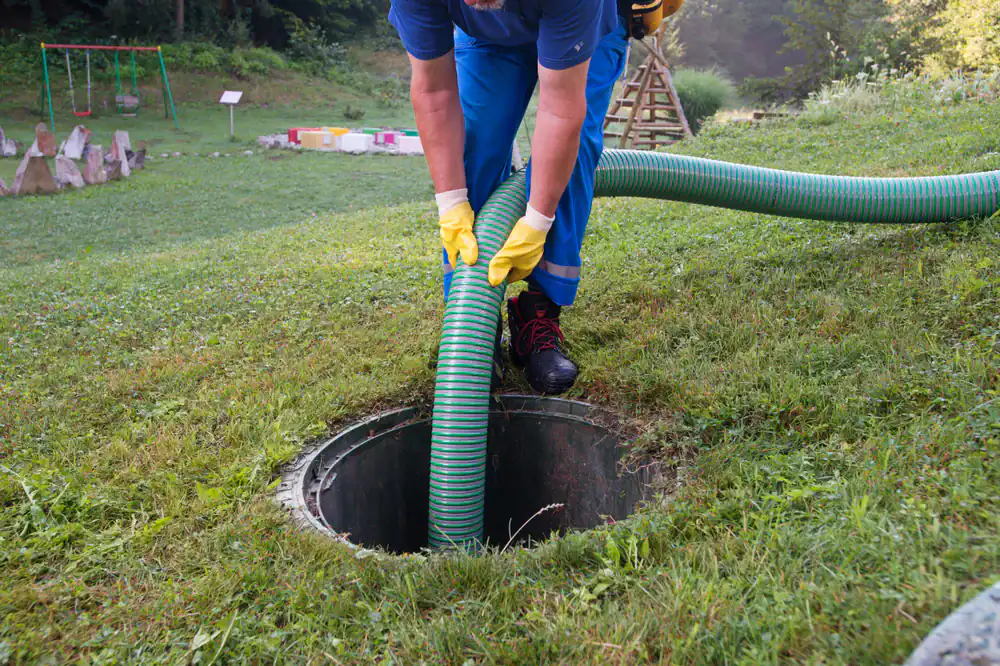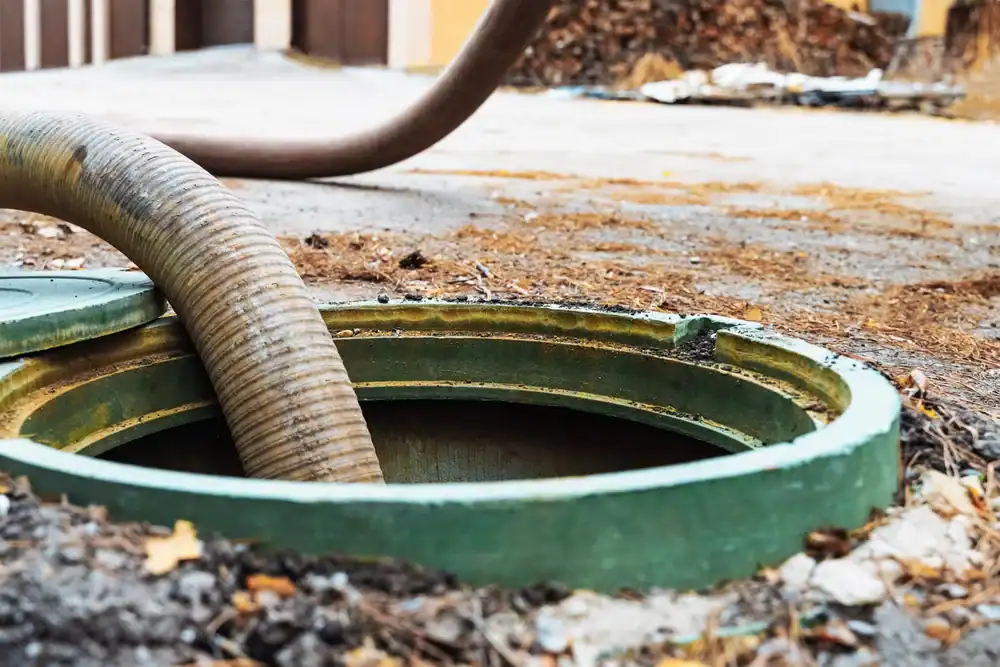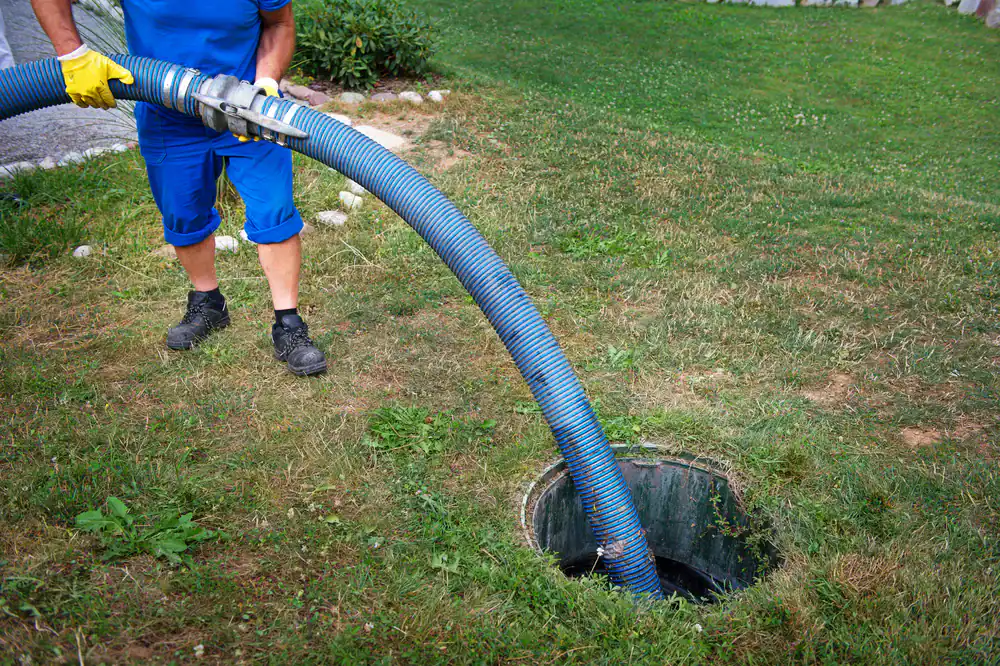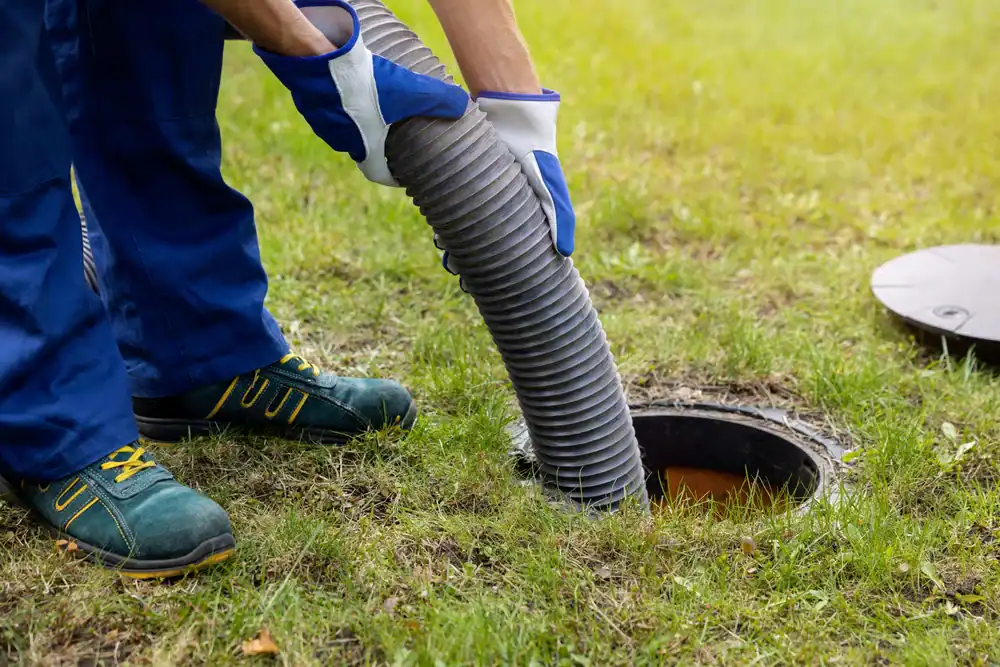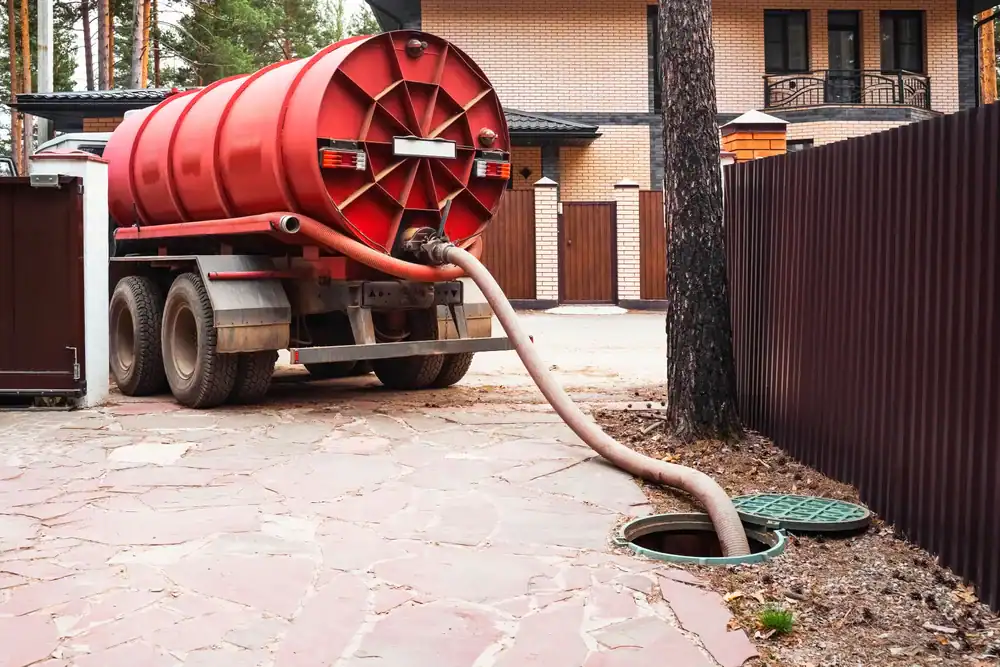Your septic system works quietly in the background, processing waste and protecting your property. When it’s maintained properly, you don’t think about it – and that’s exactly how it should be.Regular septic tank cleaning prevents the buildup that leads to system failures, sewage backups, and those nightmare scenarios you hear about from neighbors. Your system processes waste efficiently, your drains flow freely, and your property stays protected.You avoid the stress of emergency repairs, the mess of system failures, and the massive expense of premature replacements. Instead, you get years of reliable performance from a system that’s designed to last decades when properly maintained.
